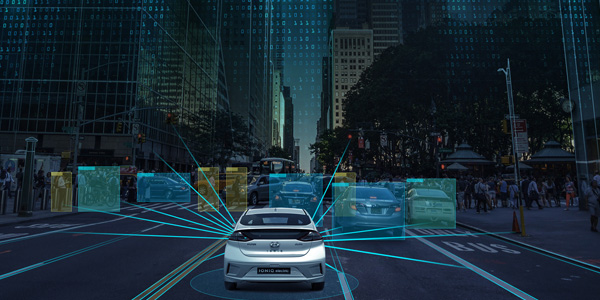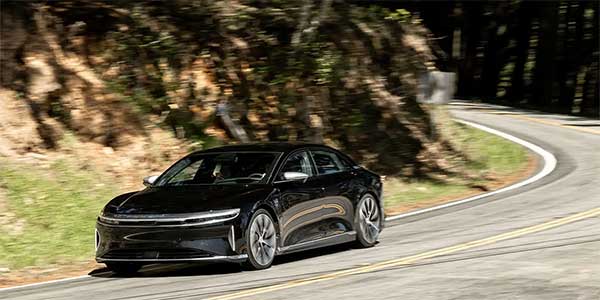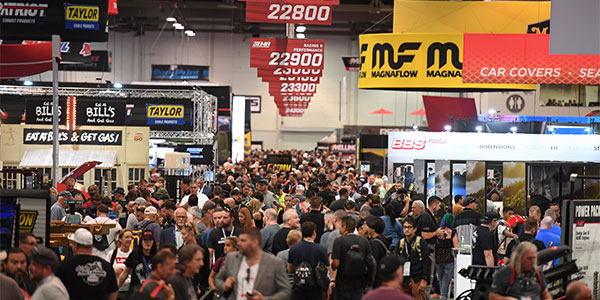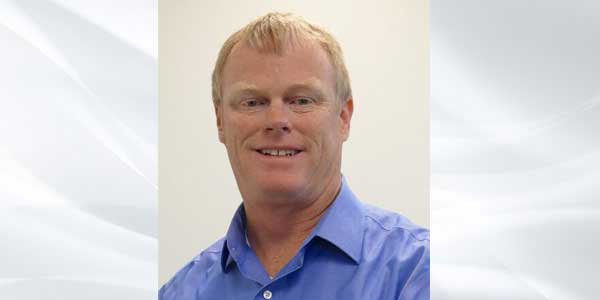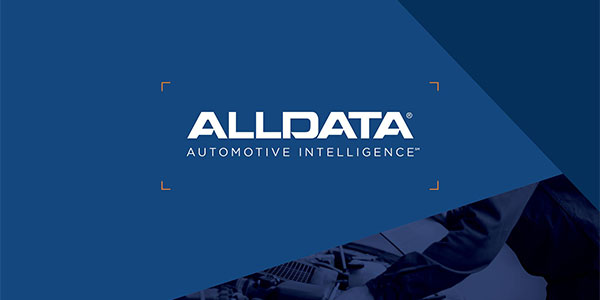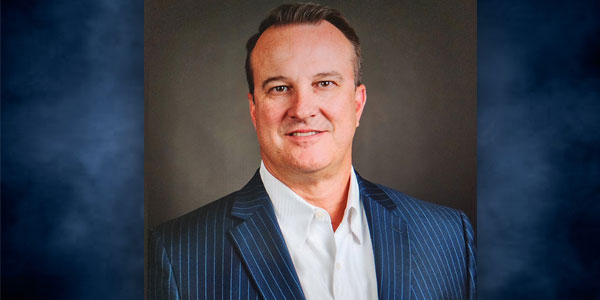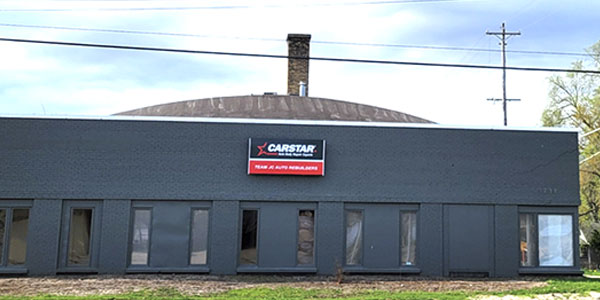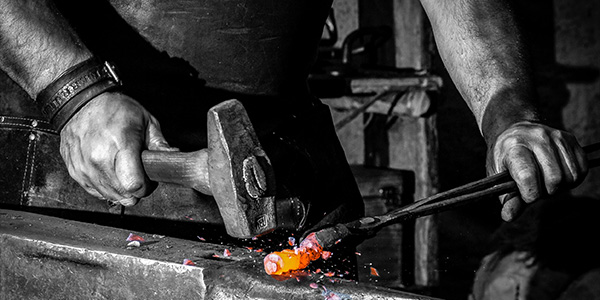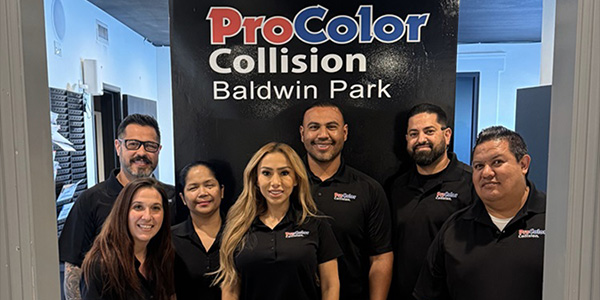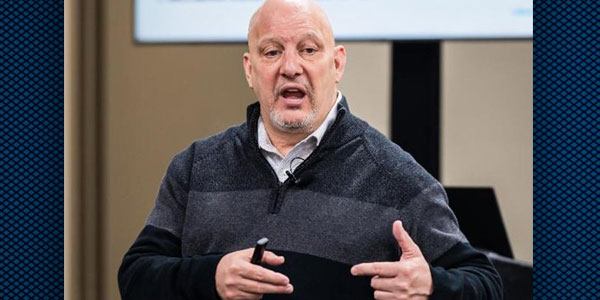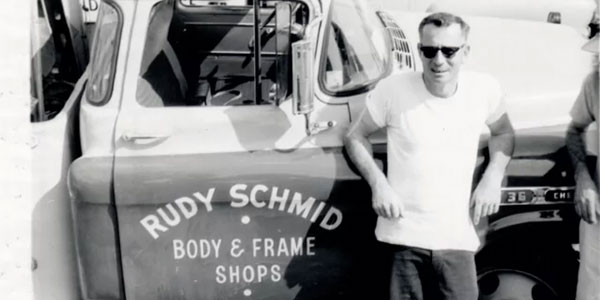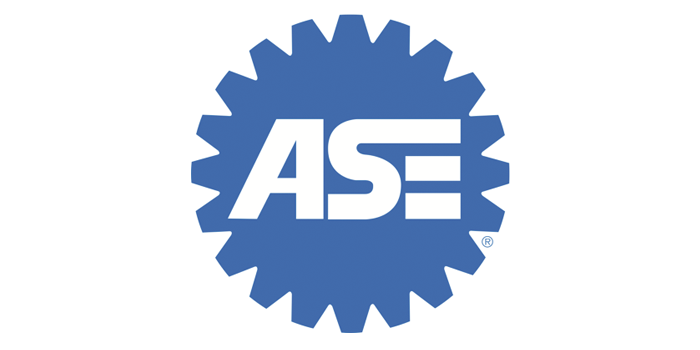AAA has announced that its annual automated vehicle survey found that 71 percent of people are afraid to ride in fully self-driving vehicles – indicating that overall sentiment has not yet returned to the 63 percent level it was prior to the autonomous vehicle accidents that occurred in the last year.
AAA said it believes the key to helping consumers feel more comfortable with fully self-driving vehicles will be bridging the gap between the perception of automated vehicle technology and the reality of how it actually works in today’s cars.
“Automated vehicle technology is evolving on a very public stage and, as a result, it is affecting how consumers feel about it,” said Greg Brannon, director of automotive engineering and industry relations for AAA. “Having the opportunity to interact with partially or fully automated vehicle technology will help remove some of the mystery for consumers and open the door for greater acceptance.”
Experience seems to play a key role in impacting how drivers feel about automated vehicle technology. Many cars on the road today are equipped with advanced driver-assistance systems (ADAS), which are considered the building blocks for fully self-driving vehicles. AAA’s recent survey revealed that regular interaction with ADAS components like lane-keeping assistance, adaptive cruise control, automatic emergency braking and self-parking significantly improves consumer comfort level. On average, drivers who have one of these four ADAS technologies are about 68 percent more likely to trust these features than drivers who don’t have them.
Even more promising, AAA found that Americans are receptive to the idea of automated vehicle technology in more limited applications. About half (53 percent) are comfortable with low-speed, short distance forms of transportation like people movers found at airports or theme parks, while 44 percent are comfortable with fully self-driving vehicles for delivery of food or packages. However, once the passengers become more personal – in particular, transporting their loved ones – one in five remain comfortable.
“Despite fears still running high, AAA’s study also shows that Americans are willing to take baby steps toward incorporating this type of technology into their lives,” said Brannon. “Hands-on exposure in more controlled, low-risk environments coupled with stronger education will play a key role in easing fears about self-driving cars.”
Recently, AAA Northern California, Nevada and Utah, in partnership with the city of Las Vegas, Keolis North America and the Regional Transportation Commission of Southern Nevada (RTC), piloted the first and largest self-driving shuttle for the public to operate in live traffic, in an effort to give more people the opportunity to gain real-world experience with automated vehicle transportation. The self-driving shuttle was the first in the country to be fully integrated with smart city infrastructure and operate on open, public roads. Participants had the voluntary opportunity to take a survey post-ride regarding the impact of their personal experience with the shuttle on their perception of self-driving vehicles. Of those who responded, many reported their sentiment improved following the experience of riding the shuttle.
Currently, more than half of Americans (55 percent) think that by 2029, most cars will have the ability to drive themselves. However, this timeline may be overly optimistic given the number of vehicles already on the road today. Those who are skeptical that fully self-driving cars will arrive that soon cite reasons such as lack of trust, not wanting to give up driving, the technology won’t be ready and that road conditions will not be good enough to support the technology.
While experts agree that a fully self-driving fleet is still decades away, it is likely that more highly automated vehicles will be on the roads in the coming years. The more drivers understand both the benefits and limitations of the technology that is currently available, AAA believes the more prepared and receptive they will be for the experience of riding in a fully automated vehicle when the time comes.
To help educate consumers on the effectiveness of emerging vehicle technologies, AAA is committed to conducting ongoing, unbiased testing of automated vehicle technologies as well as researching how related emerging technologies can help reduce or prevent crashes. Previous research includes ADAS technology naming, testing of driver support systems and the annual automated vehicle survey (2016, 2017, January 2018 and April 2018).

